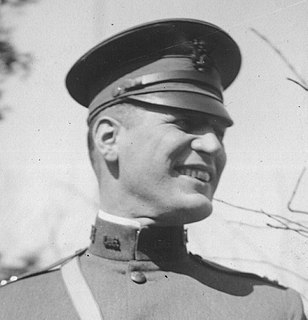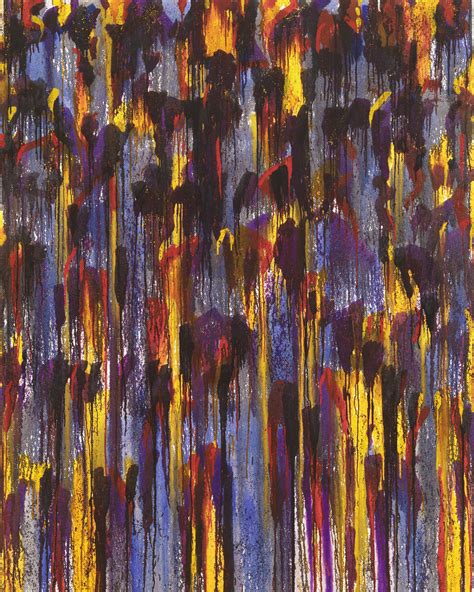A Quote by Edgar Allan Poe
I am SHADOW, and my dwelling is near to the Catacombs of Ptolemais, and hard by those dim plains of Helusion which border upon the foul Charonian canal." And then did we, the seven, start from our seats in horror, and stand trembling, and shuddering, and aghast, for the tones in the voice of the shadow were not the tones of any one being, but of a multitude of beings, and, varying in their cadences from syllable to syllable fell duskly upon our ears in the well-remembered and familiar accents of many thousand departed friends.
Related Quotes
The Jesuits were quite balked by those Indians who, being burned at the stake, suggested new modes of tortures to their tormentors. Being superior to physical suffering, it sometimes chanced that they were superior to any consolation which the missionaries could offer; and the law to do as you would be done by fell with less persuasiveness on the ears of those who, for their part, did not care how they were done by, who loved their enemies after a new fashion, and came very near freely forgiving them all they did.
My favorite song he ever wrote was 'Cold Cold Heart.' If you think about it, the lyric to 'Cold Cold Heart,' see how many two syllable words are in that song. Very, very few. ... Verses and the choruses have very few two syllable words. 'I tried so hard my dear to show that you're my everything.' One three-syllable word.
Jung first gave us the term ‘shadow’ to refer to those parts of our personality that have been rejected out of fear, ignorance, shame, or lack of love. His basic notion of the shadow was simple: ‘the shadow is the person you would rather not be.’ He believed that integrating the shadow would have a profound impact, enabling us to rediscover a deeper source of our own spiritual life. ‘To do this,’ Jung said, ‘we are obliged to struggle with evil, confront the shadow, to integrate the devil. There is no other choice.’
Sometimes, when we're terrified of embracing our true calling, we'll pursue a shadow calling instead. That shadow career is a metaphor for our real career. Its shape is similar, its contours feel tantalizingly the same. But a shadow career entails no real risk. If we fail at a shadow career, the consequences are meaningless to us. Are you pursuing a shadow career?
Consonance, says the dictionary, is the combination of several tones into a harmonic unit. Dissonance results from the deranging of this harmony by the addition of tones foreign to it. One must admit that all this is not clear. Ever since it appeared in our vocabulary, the word 'dissonance' has carried with it a certain odor of sinfulness. Let us light our lantern: in textbook language, dissonance is an element of transition, a complex or interval of tones that is not complete in itself and that must be resolved to the ear's satisfaction into a perfect consonance.
The first colour charts were unsystematic. They were based directly on commercial colour samples. They were still related to Pop Art. In the canvases that followed, the colours were chosen arbitrarily and drawn by chance. Then, 180 tones were mixed according to a given system and drawn by chance to make four variations of 180 tones. But after that the number 180 seemed too arbitrary to me, so I developed a system based on a number of rigorously defined tones and proportions.
In the world of physics we watch a shadowgraph performance of the drama of familiar life. The shadow of my elbow rests on the shadow table as the shadow ink flows over the shadow paper. It is all symbolic, and as a symbol the physicist leaves it. ... The frank realisation that physical science is concerned with a world of shadows is one of the most significant of recent advances.
I was under twenty when I deliberately put it to myself one night after good conversation that there are moments when we actually touch in talk what the best writing can only come near. The curse of our book language is not so much that it keeps forever to the same set phrases . . . but that it sounds forever with the same reading tones. We must go out into the vernacular for tones that haven't been brought to book.
To-morrow, and to-morrow, and to-morrow, Creeps in this petty pace from day to day, To the last syllable of recorded time; And all our yesterdays have lighted fools The way to dusty death. Out, out, brief candle! Life's but a walking shadow, a poor player, That struts and frets his hour upon the stage, And then is heard no more. It is a tale Told by an idiot, full of sound and fury, Signifying nothing.







































